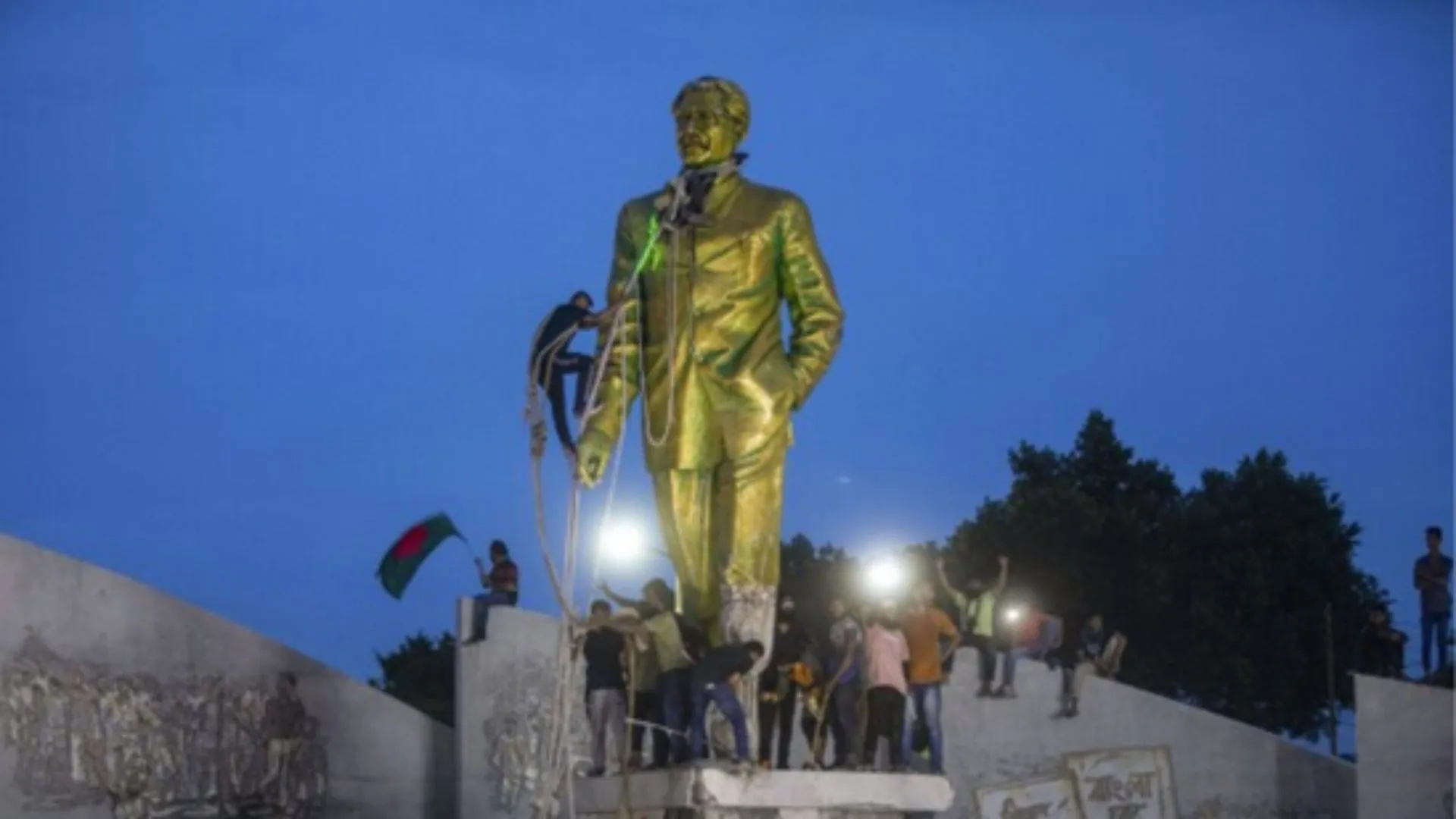From Sunday, June 1, Bangladesh has started issuing redesigned banknotes that significantly do not feature the portrait of Sheikh Mujibur Rahman, the country’s founding father and ex-prime minister. His portrait used to be on all currency notes, as he played an important role in the country’s history.
The action follows a significant political change in the nation, such as the removal of Mujibur Rahman’s daughter, then-Prime Minister Sheikh Hasina. After these developments, Bangladesh Bank had already stated that it was planning to issue new notes.
Nature and Heritage Take Center Stage
As per the representative of Bangladesh Bank, Arif Hossain Khan, the new currency would highlight the natural beauty of the country and its cultural heritage. In an interview with AFP, Khan stated, “Under the new series and design, the notes will not have any human portraits, but will instead have natural landscapes and traditional landmarks.”
The redesigned notes incorporate Hindu and Buddhist temples, paintings by the late Zainul Abedin, and the national martyrs’ memorial – in honor of the persons who lost their lives during the 1971 freedom war.
Gradual Phasing of New-Design Notes
Three denominations have been released so far from the headquarters of the central bank, and other regional offices will be distributed with them later. “The new notes will be made available from the central bank’s headquarters, and subsequently from its other offices around the country. The other denominations of the notes of new designs will be phased out,” Khan added.
Historical Shifts in Currency Design
This is not the first time Bangladesh has overhauled its currency. In 1972, when it gained independence from Pakistan, the nation introduced new notes that featured a map of Bangladesh. Subsequently, during the leadership of the Awami League, Sheikh Mujibur Rahman’s portrait became a mandatory inclusion.
During the reign of opposition parties such as the Bangladesh Nationalist Party, banknotes would tend to feature archaeological and historical sites rather than political leaders.



















